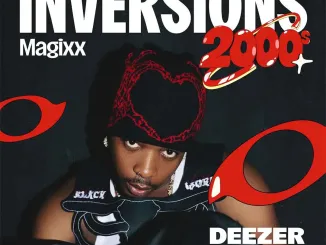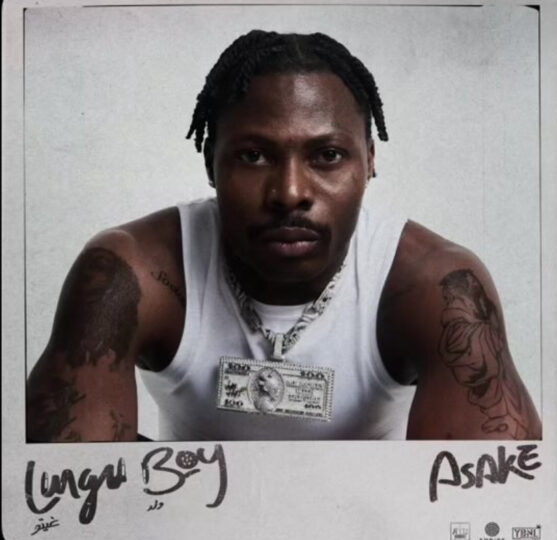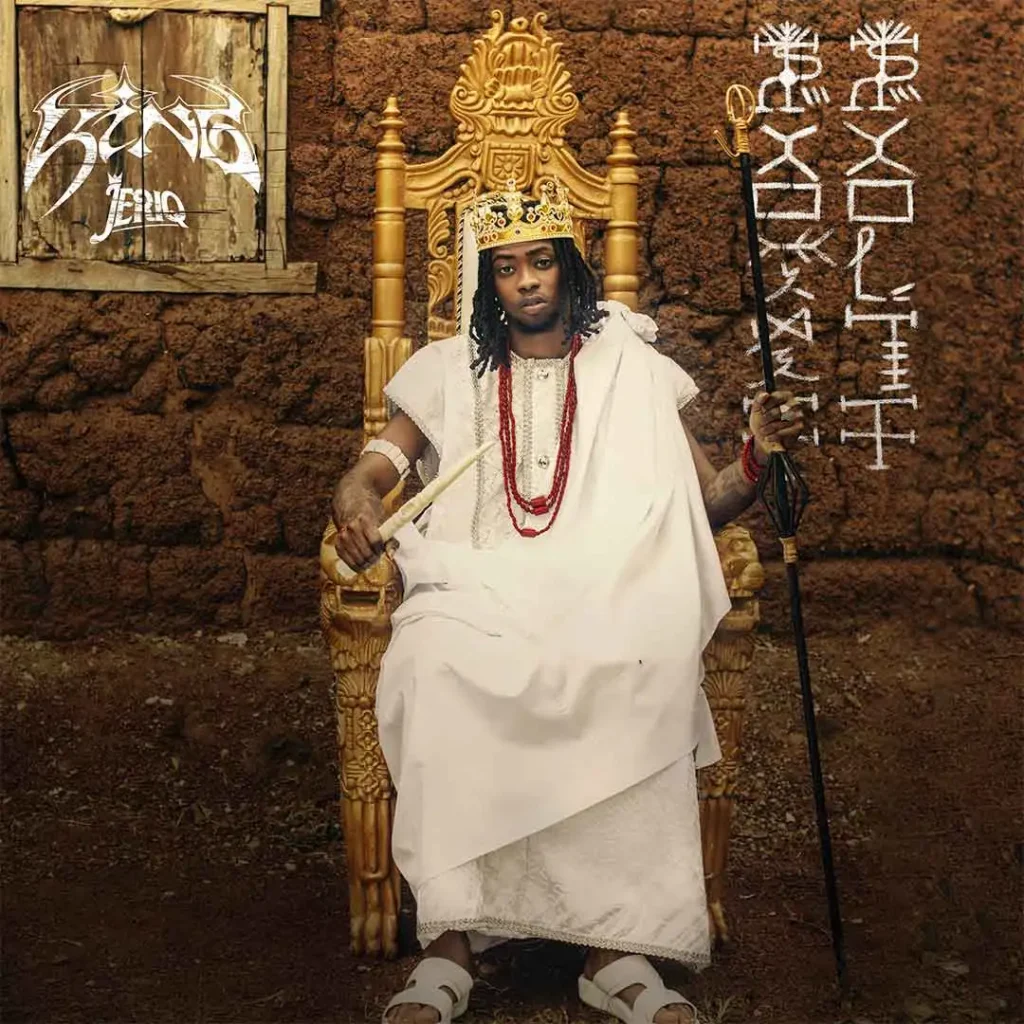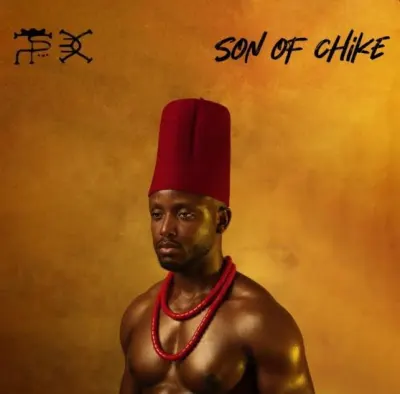A s Nigeria braces for another wave of protests under the #EndBadGovernanceInNigeria banner, slated for August, allegations have surfaced suggesting that the Tinubu government is planning to deploy tactics used in the past to undermine these peaceful demonstrations. Critics claim that the government has historically hired and paid thugs to infiltrate and destabilize protests, turning peaceful assemblies into violent confrontations to justify crackdowns.
The #EndBadGovernanceInNigeria movement aims to highlight issues of corruption, poor governance, and the mismanagement of public resources. Despite the legitimate grievances of the protesters, the APC-led regime has shown a pattern of intolerance towards such civic actions, preferring to stifle dissent rather than address the root causes of public discontent.
In previous protests, eyewitnesses and activists have reported seeing organized groups of individuals, suspected to be hired by the government, infiltrating peaceful demonstrations. These provocateurs allegedly incite violence, leading to clashes that provide the government with a pretext to deploy security forces and arrest protesters. This tactic not only disrupts the protests but also tarnishes the image of the movement, portraying it as violent and unruly.
An activist, who spoke on condition of anonymity, remarked, "The government would rather infiltrate and sabotage our protests than listen to our grievances. They bribe groups to speak out against us and employ thugs to create chaos, all to justify their crackdown on our fundamental rights."
The upcoming protest in August is expected to attract significant attention and participation, reflecting the widespread frustration with the current administration's policies. However, fears are growing that the government will once again resort to underhanded tactics to silence dissent. The APC regime has been criticized for wasting taxpayer money on frivolous expenditures and looting public funds, while failing to address the pressing issues facing the nation.
In the past, certain groups have allegedly been financially incentivized to denounce protests and rally support for the government's stance. These groups often issue statements or organize counter-protests, attempting to paint peaceful demonstrators as troublemakers or enemies of the state. This manipulation of public opinion complicates the already tense atmosphere surrounding civic movements and undermines the right to peaceful assembly, a cornerstone of democratic societies.
Human rights organizations have condemned these actions, urging the Tinubu government to respect the right to peaceful protest and address the issues raised by its citizens. International observers have also expressed concern over the increasing authoritarian tendencies in Nigeria, warning that such actions could lead to greater instability and undermine the country’s democratic foundations.
The allegations against the Tinubu administration highlight a troubling trend of using state resources to undermine democratic processes and silence dissent. As the #EndBadGovernanceInNigeria movement gears up for the August protests, the government's response will be closely scrutinized by both national and international communities.
The right to protest is a fundamental aspect of democracy, and any attempts to undermine it through violence and intimidation are deeply concerning. It is imperative that the government listens to its people and engages in meaningful dialogue, rather than resorting to tactics that only serve to deepen divisions and erode trust in the political system.
The ongoing situation underscores the urgent need for transparency, accountability, and genuine reform in Nigeria. Only by addressing the root causes of discontent can the country hope to achieve lasting peace and prosperity. As the nation prepares for the August protests, the call for better governance and respect for democratic rights continues to resonate strongly among Nigerians.





















0 Comments